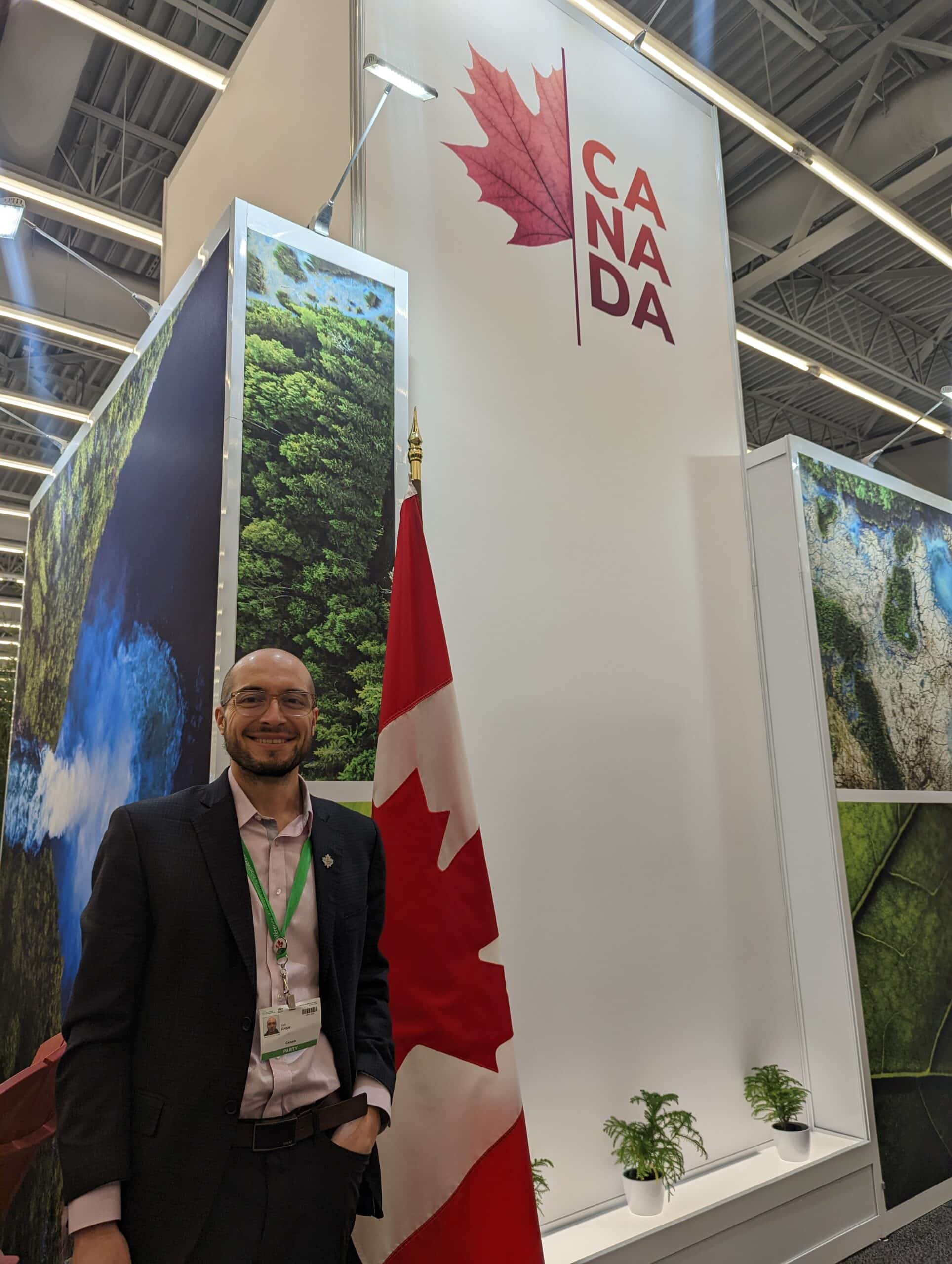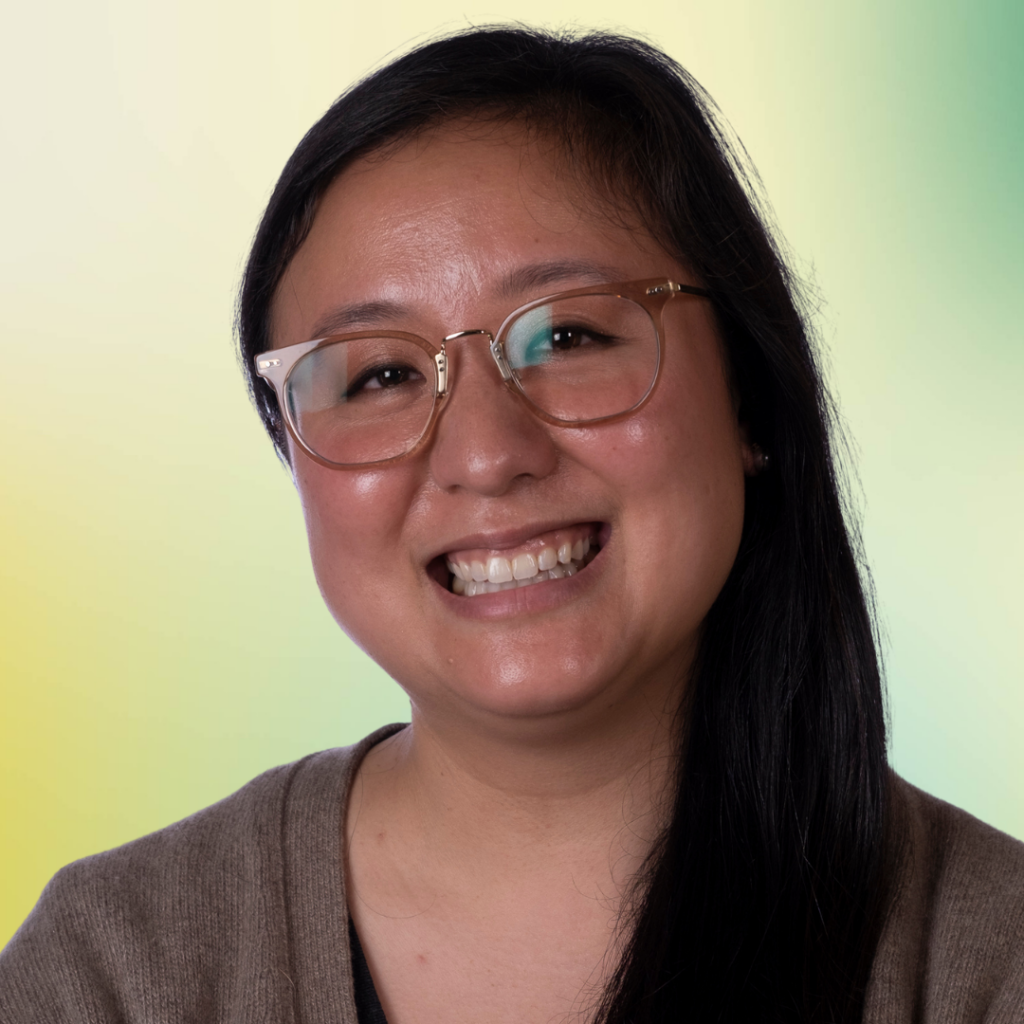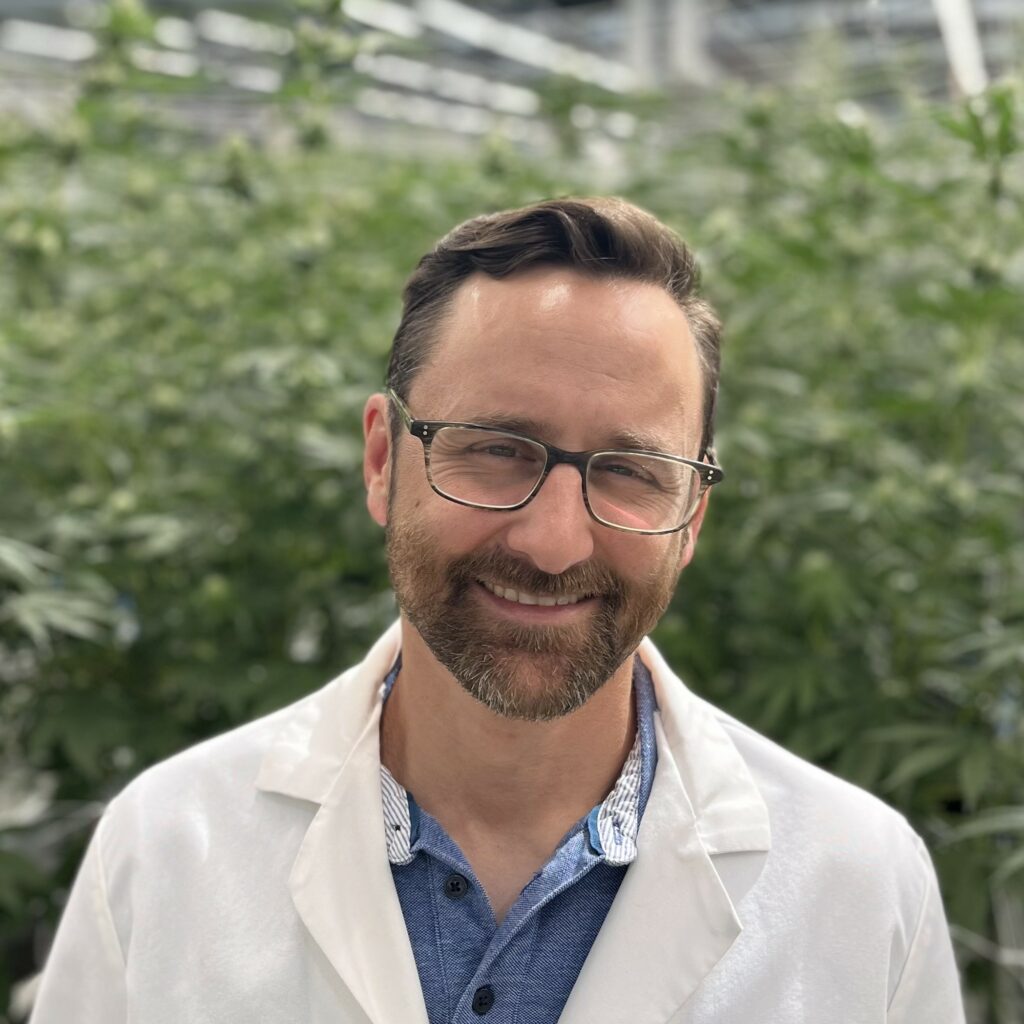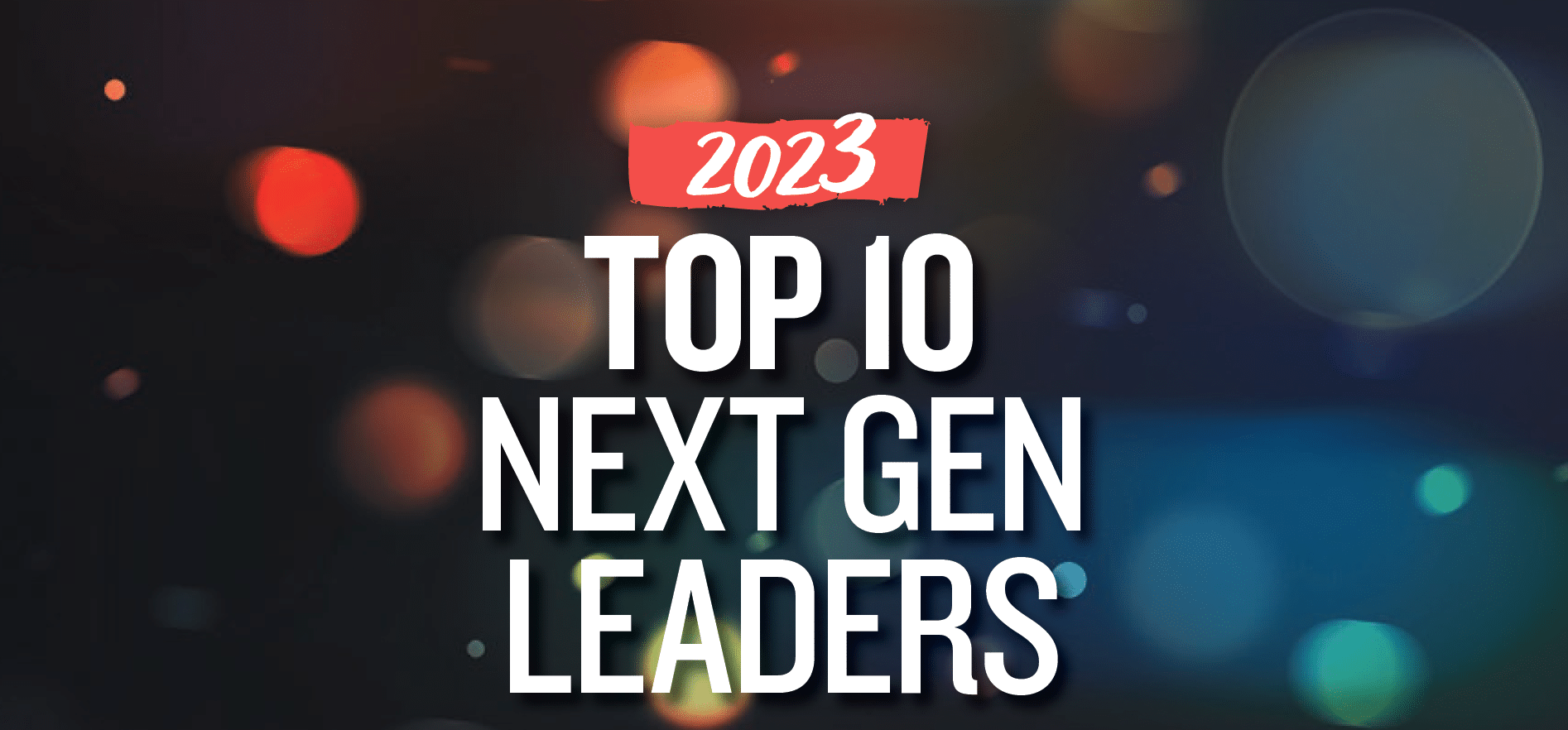For the fourth year in a row, Seed World asked for nominations for top leaders in the industry who showcase a drive for bettering the global seed industry. We were delighted with the many nominations we received and challenged to select the very best from among them. We’re excited to, over the coming week, introduce you to an outstanding group of dynamic and passionate young people: our Top 10 Next Gen Leaders for 2023. The leaders come from a range of businesses — from multinationals to associations to independent companies. Not only that, but this year’s Next Gen winners also come from various backgrounds, ranging from marketing to seed production to breeding. But they all have one goal in common: leading the seed industry to the future.
Ten leaders are shaping the seed industry in new and exciting ways across the globe — from the U.S. to Canada to India to Uruguay. Learn more about the changes they’re making as they step forward in their leadership roles.
Luis Luque
Luis Luque has always loved science, engineering and education. A microbiologist and chemical engineer by trade, Luque says he was regularly in the periphery of agriculture. His time as an undergraduate focused on plant disease, and his PhD focused on converting agroindustrial residues to biofuels.

“We could say that agriculture was calling, and I may have taken some time to answer,” Luque, now manager of regulatory affairs for plant biotechnology for CropLife Canada, says.
In the last five years, Luque has answered the call: he now advocates domestically and internationally for science-based policy to ensure farmers and producers have access to the latest innovations.
“I wanted to advocate for innovation and the benefits it can bring to all of us,” Luque says, noting that he developed a passion for policy during school. “I also realized that public policy directs research from a global level, and that regulation enables the deployment of the innovations resulting from that research. Agriculture is the perfect sector to see this relationship.”
Now, he uses his leadership skills to fight for growers and agribusinesses in Canada. What is he fighting against? The biggest challenge he sees in agriculture is misinformation. He’d rather look at the positive side of the challenge ahead.
“[It is a challenge, but] at the same time, it is a great opportunity as I feel that there is a dire need to help fill in the knowledge gaps and educate the public on the benefits these technologies bring from different angles, such as socially, environmentally and economically,” Luque says.
For young leaders who might take some time to answer the call to agriculture, Luque believes they should look into agriculture more and give it consideration.
“If you are interested in challenges in a rewarding space, agriculture is your place,” he says. “Every stream of knowledge is important, complex problems require diversity for meaningful solutions. Yet, it is a space that requires patience as change is not something that is overnight.”
Hannah Pham
For Hannah Pham, science was always a likely option for her future career, so it wasn’t shocking when she went to school for biochemistry and molecular biology. What was more surprising — at least to her — was her subsequent decision to move into the seed industry.

Pham started her career working on mammalian cells with a focus on leveraging gene editing tools to deliver targeted edits and gene expression changes. She says this was the perfect setup for an incredible opportunity to join Inari, then known as FL40, a Flagship Pioneering prototype company, with the goal of increasing sustainability of the global food system by unlocking the full potential of seed. The rest, as they say, is history.
“I really enjoy operating at the junction between early science research and deployment for product development,” says Pham, now science portfolio and platform manager of Inari. “An interesting challenge is that the gene editing field is not only constantly evolving, but also that so many of these tools are evaluated and optimized to work in mammalian cells. I’ve fortunately been able to use my prior experience to help Inari expand gene editing applications into plant science, moving us closer toward our goal of being able to make any edit to any crop anywhere.”
When it comes to keeping her team motivated, Pham says she looks to ensure everyone understands the impact of their work. The ‘what’ and ‘how’ are important pieces to completing tasks effectively, but she believes it’s more important to know the ‘why’ behind the task.
“What’s also important to me is that the team remembers that failure is an inevitable and vital component of working in science. It’s not something to be viewed negatively, but instead something to learn from and propel the next experiment forward with a better chance at success,” Pham says. “The best way to stay motivated through the failures is to constantly remind everyone of how their work impacts Inari’s broader mission, even if the path to get there is not always what we originally expected.”
One fun fact about Pham? She loves dogs, and her love of dogs even moved into her workspace.
“My 5-year-old yellow Labrador retriever is actually the namesake of one of Inari’s proprietary gene editing tools that I helped to develop!” she says.
Jared Reynbery
After leaving the military in 2004, Jared Reynbery knew he wanted to pursue his education more. He moved to study at CalPoly, where his urban upbringing views were challenged as he learned more about the legitimacy of farming and agricultural sciences as viable career paths. This inspired him — after receiving his bachelor’s in Crop Science — to become a Peace Corps volunteer in Guatemala in their Food Security program before returning to receive a master’s degree and conduct a quantitative trait locus study for drought tolerant traits in tomato as his thesis.

After five years working at Seminis in their processing tomato program, Reynbery was ready for a new challenge, so he left to join Phylos, where he could apply the modern breeding techniques and his education to underdeveloped crops.
“The Phylos cannabis breeding program was just beginning to take shape in 2019 when I joined. It has been incredibly rewarding to bring cannabis to the standards we find in other crops,” Reynbery, now senior director of breeding at Phylos, says.
His favorite part about plant breeding? Not only can he spend time learning more about plants and their production environments, but he can also use his passion for math too.
“I get to face and solve a variety of intellectual challenges, applying science to the development of improved products that I take a lot of pride in. The stimulating nature of research and development means I’m never bored, and my day-to-day work is constantly changing,” he says.
He likes to equate his leadership talents back to his mentors, like Vice President of Breeding at Phylos, John McFerson.
“He’s demonstrated how a great attitude, mutual respect, and the ability to have fun while being productive is crucial to a well-functioning team,” Reynbery says of McFerson. “There will always be stressful periods, but when you have a team that is able to work super hard and still have a good time at it, you tend to forget about the stress. It’s important to build those human connections and keep a good attitude when you work as a team.”
Stay tuned for part four!
Related Articles:
CSGA’s President on Why Digital Seed Tags are the Future










